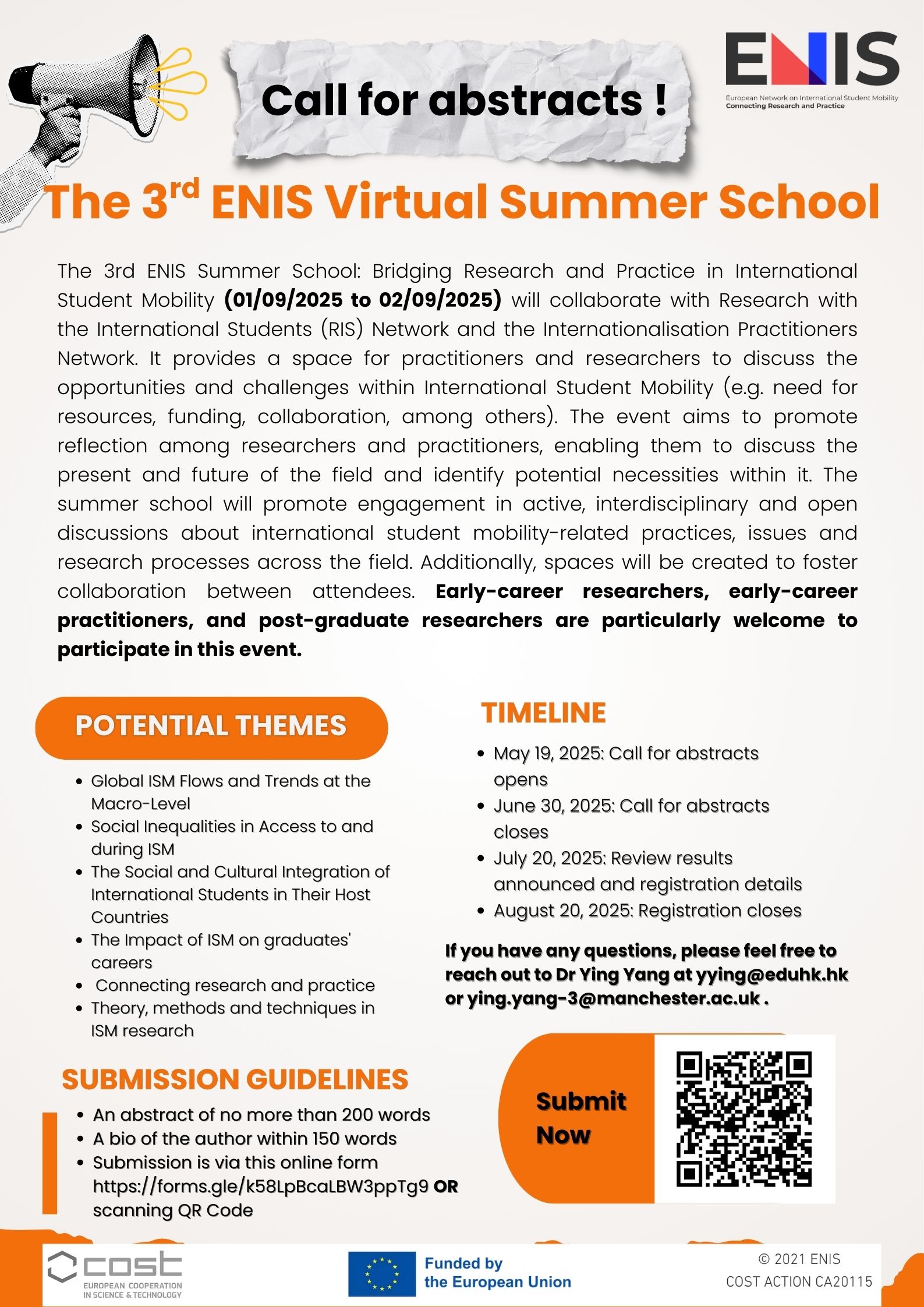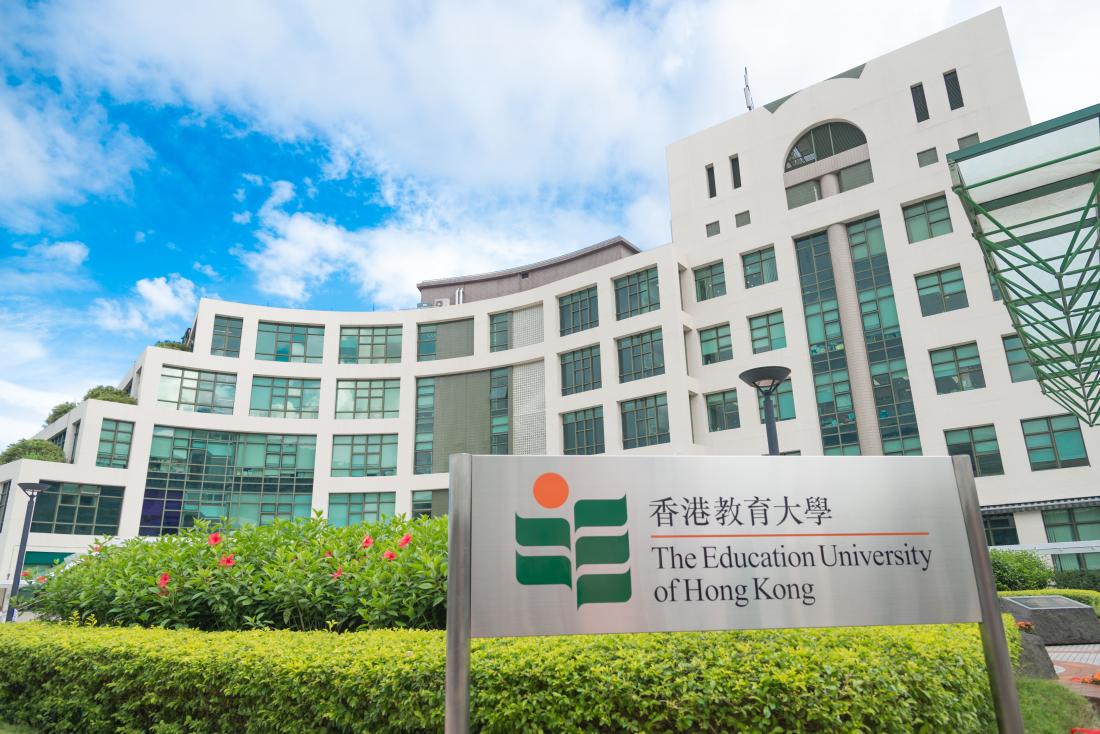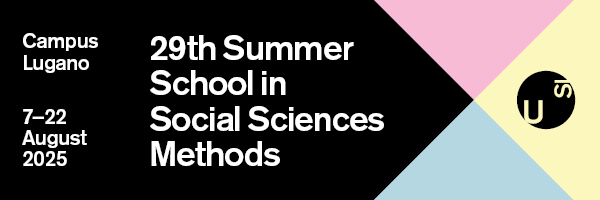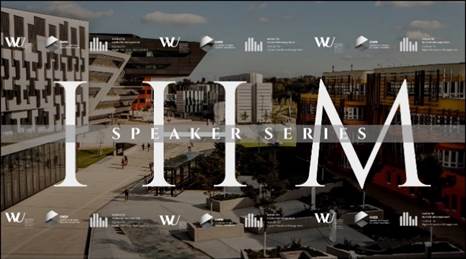News and Announcements
We are delighted to announce the 3rd ENIS Virtual Summer School: Bridging Research and Practice in International Student Mobility, taking place online from 1-2 September 2025 (see the event poster attached). We warmly invite you to submit abstracts for presentation or simply register to attend the sessions and engage in discussions through this link: https://lnkd.in/dAkCwFaX

There is an open call for abstracts for a forthcoming book, so feel free to spread the word to colleagues who might be interested!
Paradoxes in Academic Work and Careers in Hybrid Universities
Academic Freedom, Diversity, Performance, Power and Security in Contemporary Higher Education.
Editorial Team:
Taru Siekkinen, University of Jyväskylä
Luiz Andrade de Alonso, Tampere University
Sara Diogo, University of Aveiro and CIPES
Elias Pekkola, Tampere University
Johanna Pöysä-Tarhonen, University of Jyväskylä
For a description of the book and further information, please see the document here.



CHER would like to invite you to the upcoming public lecture organised by the Institute for Higher Education Management.
Title: US and Global Higher Education in the Trump Era
Date: Wednesday, June 4, 2025, at 3pm CET
Speaker: John Aubrey Douglass, Senior Research Fellow - Public Policy and Higher Education at the Center for Studies in Higher Education
Location: online via MS Teams livestream.
Please express your interest by registering with This email address is being protected from spambots. You need JavaScript enabled to view it.
Abstract:
Trump and his administration cling to an isolationist, ‘America first’ foreign policy and a Christian Neo-nationalism agenda. His plot is to consolidate unprecedented powers in the presidency, which, among other things, presents an on-going and existential threat to American universities and civil society in the US. This evolving policy agenda also has significant consequences for transnational engagement among universities and academic communities – shaping what I call a Neo-Academic Cold War. Since Trump’s return to the White House, a precipice scenario has taken form: huge cuts in academic science funding, efforts to reclassify and fire or mute thousands of federal civil service professionals and scientists with expertise in areas such as climate change, investigation and demands for the end of DEI programs and curricular changes at universities, impounding of federal funds for specific universities, restricting access to federally collected scientific data, new and abusive visa restrictions, and arrests and deportations and other moves that hinder academic talent mobility and international science collaborations. Then there is Trump’s politics of personal retribution. Trump has made it clear: with new assumed and unprecedented powers of an imperial presidency, his administration is going after his real and imagined enemies, including students, faculty and other vocal critics. In short, Trump’s return to the presidency is cataclysmic for American universities, academic freedom and global science networks.
About the speaker
John Aubrey Douglass is Senior Research Fellow - Public Policy and Higher Education at the Center for Studies in Higher Education (CSHE) and a faculty member in the Goldman School of Public Policy, University of California - Berkeley. He is the lead author of Neo-Nationalism and Universities: Populists, Autocrats and the Future of HE (Johns Hopkins Univ Press, Open Access). Recent related articles include Leading a university is set to become even more difficult, University World News, 11 January 2025, Universities as Truthsayers, in Seeds for Democratic Futures, The New Institute, Dec 2024. He is also a co-author of the recent report The Multi-Engagement Model: Understanding Diverse Pathways to Student Success at Research Universities, which provides a data-driven analytical framework for a holistic understanding of the undergraduate student experience at large research-intensive public universities.

